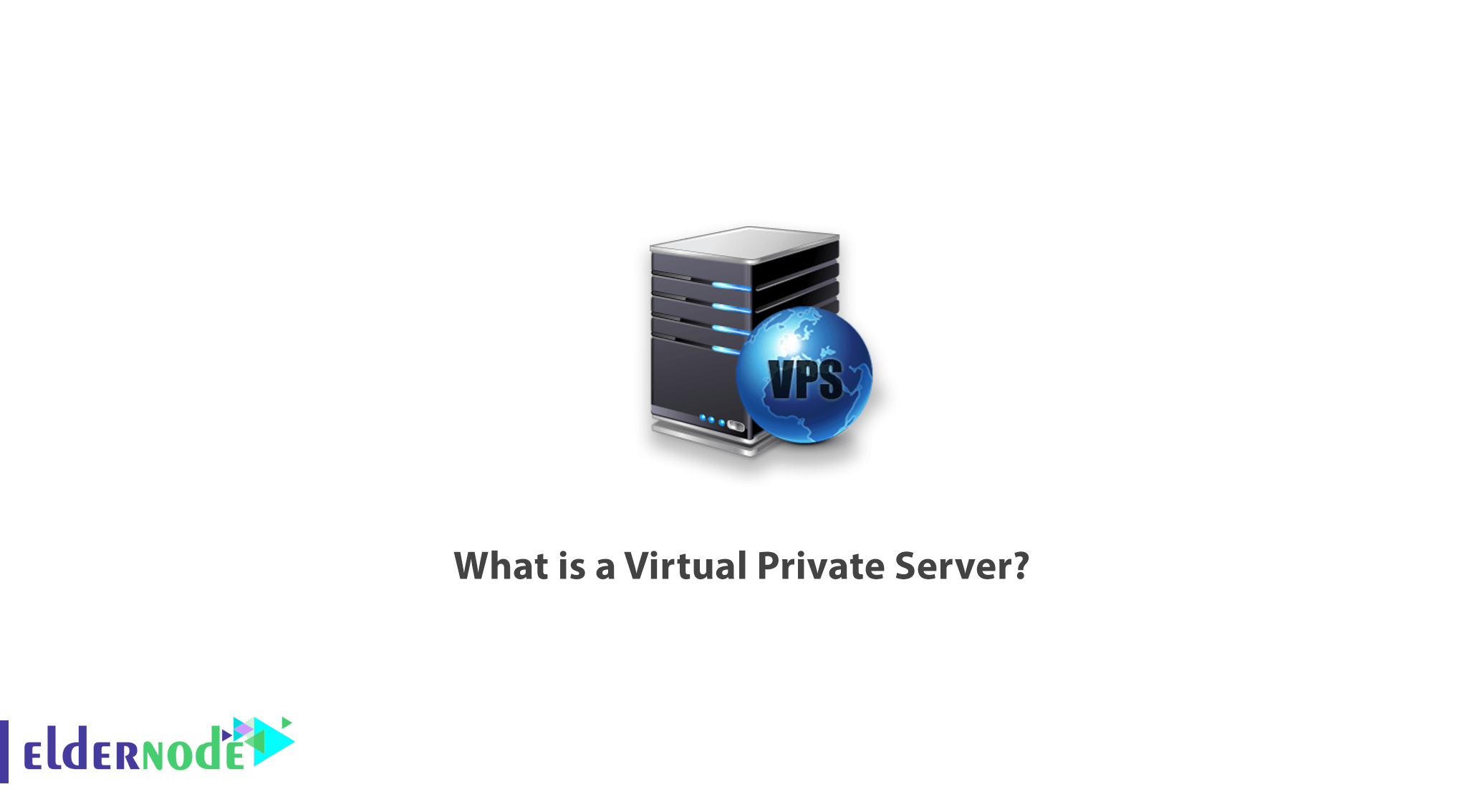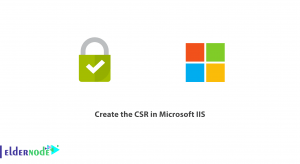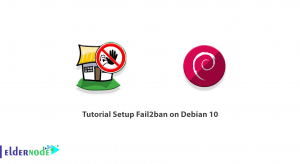
Virtual Private Server (VPS) is part of a complete dedicated server. This is done with virtualization. A server is divided into several sections that can be used for different purposes.
Given that the resources of a complete server are divided into several segments, the cost of buying a virtual server is often lower than that of a dedicated server.
In this article, we will discuss the VPS and explain its applications. Please continue with us.

Table of Contents
What are Virtual Private Server Applications?
VPS has many applications and can be used many times. The following are some of them:
- a) Hosting a relatively over-used website or some medium-sized sites
- b) Using a VPS for Web Services such as Mail Server, Database Server, etc.
- c) Using a VPS to control or improve system performance
- d) Using VPS as a secondary communication and data encryption agent
- e) Do things that require high-speed Internet traffic.
Describes the process of preparing a VPS:
Depending on the technology and structure of virtualization, usually, VPS consist of one or more dedicated servers.
Typically, several virtual private servers are retrieved from a dedicated server. To do this, virtualization requires an agent (virtualization software).
Virtualization systems are available for a variety of platforms for free or at cost, depending on their type and function. The server also needs to support virtualization technology.
There are a number of specific solutions for creating a VPS, either Local or Public. For each VPS on the web, at least one IP should be considered to be able to log on to the network.
Virtualization systems can also be individually or collectively configured for each VPS based on the number of CPU cores allowed, the amount of RAM allowed, the amount of hard disk space, etc.
Dedicated or shared resources are meant for each server to have full access to resources or be able to use shared resources as a whole.
Usually, quality and performance cannot be expected in a shared mode.
Here are some of the virtualization technologies and operating systems supported.
- Virtuozzo Virtualization Model
- OpenVZ virtualization model
- VMware Virtualization Model
- Xen virtualization model
- KVM virtualization model
VPS Types:
Virtual private servers are usually categorized by operating systems to virtualization model and technology.

The following are the types of VPS categories:
- Linux Virtual Private Server (with the possibility of installing various Linux distribution operating systems)
- Windows Virtual Private Server (with the ability to install most Windows Server operating systems)
- Dedicated Virtual Private Server (with dedicated resources such as CPU, RAM, etc.)
- Shared Virtual Private Server (with Shared Hardware Resources)
- Cloud Virtual Private Server (with different structure to enhance performance, stability, security, etc.)
Purchase a VPS Server from the Eldernode:
The Eldernode complex is also active in providing VPS servers and has hundreds of active clients. Click the link below to register and purchase a VPS from the Eldernode.
Goodluck.




